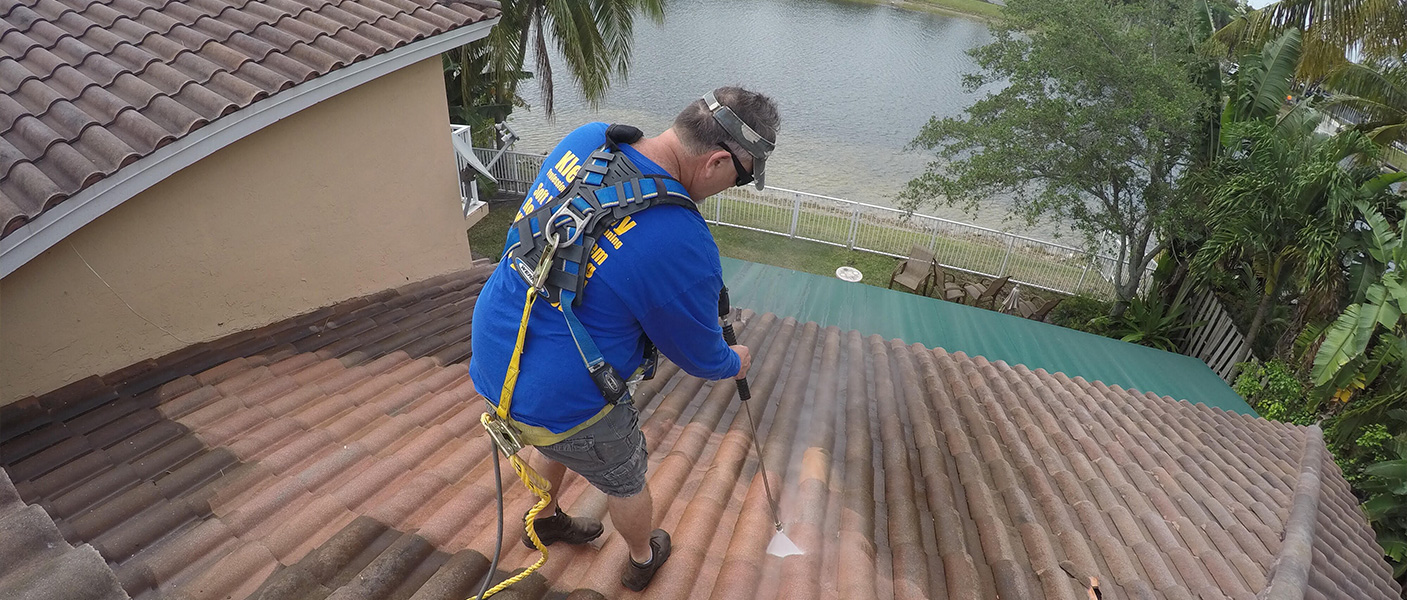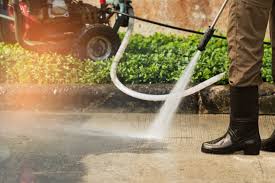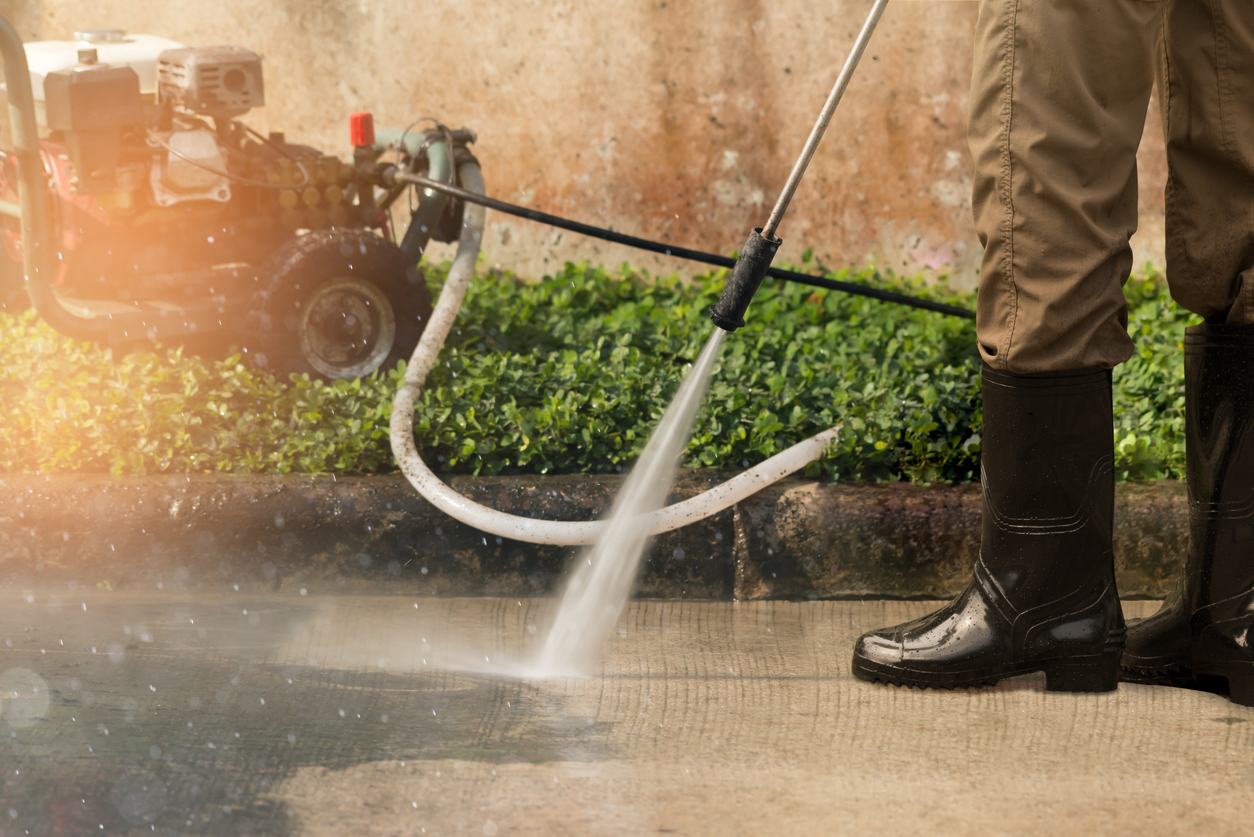Signs Your Roof Needs Cleaning: Choosing Between Roof Pressure Cleaning and Roof Soft Cleaning
Introduction: Maintaining a clean and well-maintained roof is crucial for the overall health and longevity of your home. Neglecting your roof can lead to a variety of issues, from mold…








